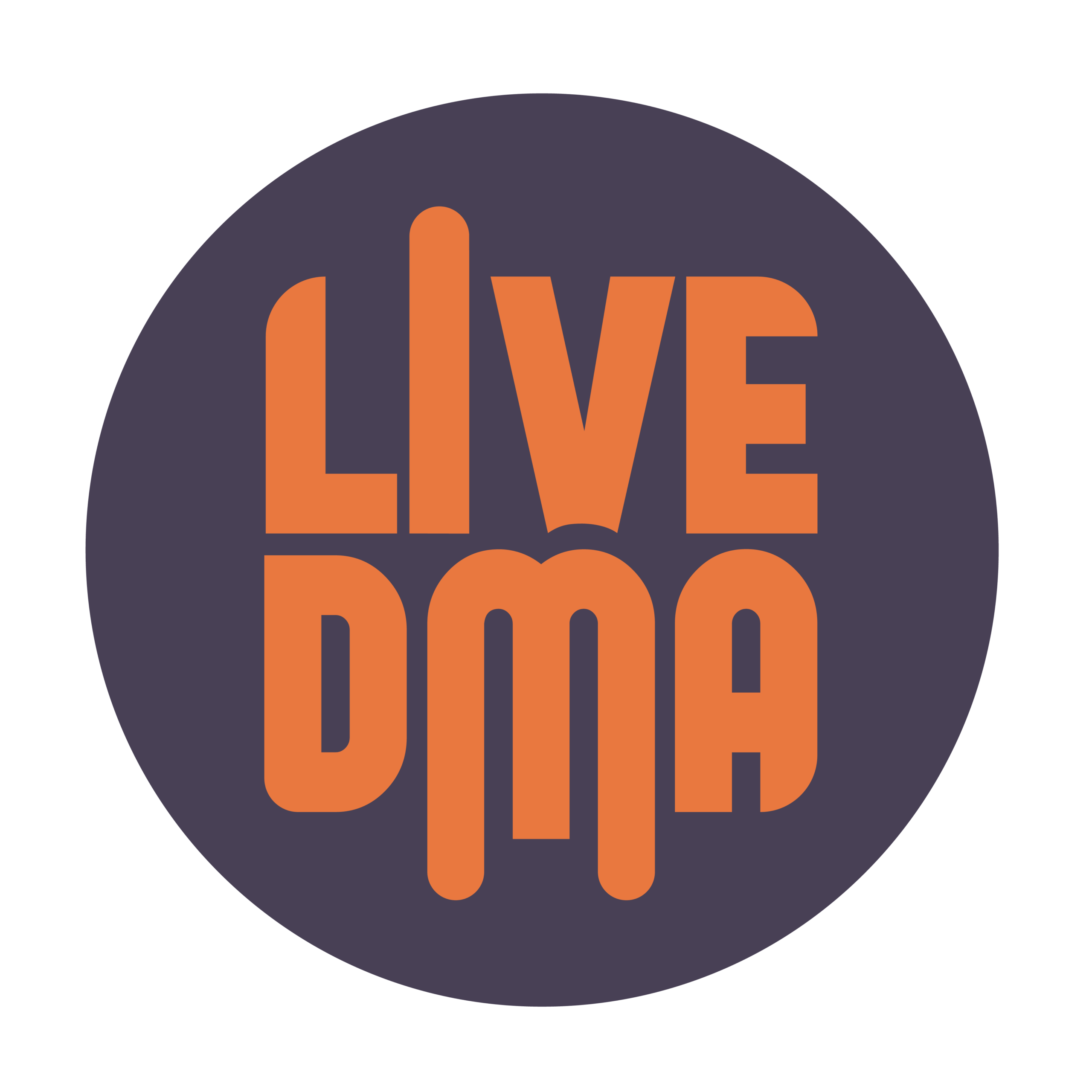“It’s really important for us to be at the forefront on the sustainability and inclusion questions, to inspire others and help with all these things. If we don’t have a sustainable future, we may not have a future at all.”
news
On this page, you can find the latest news from the Live DMA network and updates on our current projects and activities.
-
We are proud to announce that Live DMA is amongst the 17 organisations to have achieved their certification in the third year of the SHIFT programme. Over the past months, we’ve worked closely with other participating networks, Culture for Climate Scotland and Vector42 to strengthen our commitment to sustainable practices. This collaboration has marked a…
Read»
-
Behind many sold-out shows and major festivals, ownership structures remain largely invisible to audiences, yet they play a decisive role in who operates stages, how risks are shared, and where revenue flows. Live DMA and the Reset! network publish new European ownership maps that make visible who owns which stages across the live music ecosystem,…
Read»
-
Crowdbuilder is a free, multilingual tool to help live music event organisers develop their audiences and strengthen their communities. It is the result of years of joint work with 17 European venues, driven by a shared desire to put their audiences centre stage. More than just a tool, Crowdbuilder reaffirms the social, cultural and artistic…
Read»
-
We are thrilled to launch START, a new mentorship programme aimed at supporting the emergence of live music associations in Europe! This initiative, set to empower new associations, is part of Live DMA’s effort to foster a stronger live music ecosystem in Europe through cooperation and capacity-building. The call for mentees is now open until…
Read»
-
In order to better understand a live music event’s carbon emission, and to take action upon it, many organisations have started to measure their carbon footprint. These researches led to interesting results, notably that the most carbon-emitting poles of organising an event are the travels, first of audiences as well as those of artists, especially…
Read»
-
Live DMA prepared these thematic resource sheets so as to give some keys to live music actors on the opportunities, challenges and current questioning of livestreaming practices. After COVID and the restrictions on live music events, a rise in livestreamed concerts could be noticed. This phenomenon was also pushed by some public funding bodies, which…
Read»
-
S’abonner * indicates required Email Address * First Name Last Name
Read»
-
Carbon offsetting has been seen as a solution for many companies, including festivals, to compensate for their carbon emissions and reach carbon neutrality. This article aims to investigate this trend and provide the keys to a good and virtuous use of carbon offsetting, and more particularly carbon sequestration through the planting of trees. Definitions Carbon…
Read»
-
2022 The WHO released its Global Standard for safe listening at venues & events. The Global Standard acknowledge the necessity of a collaborative engagement of stakeholders with policy makers and insists on a support to venues and special attention to grassroots venues. The Global Standard also encourage the use of certifications and public awareness campaigns…
Read»
-
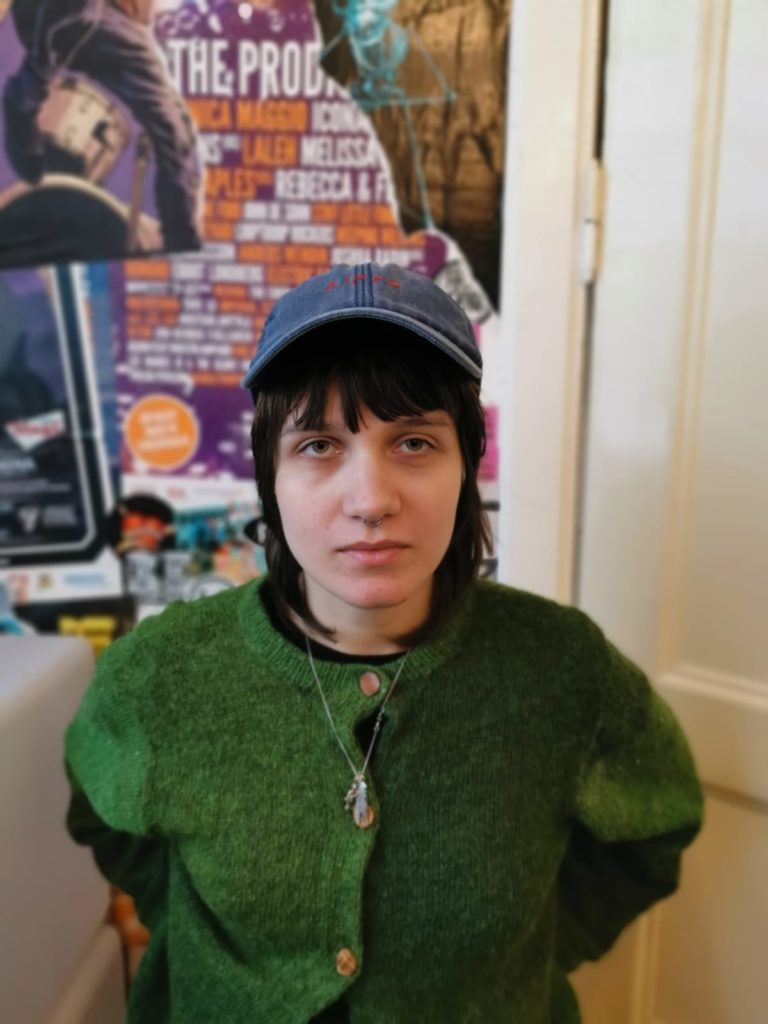
-
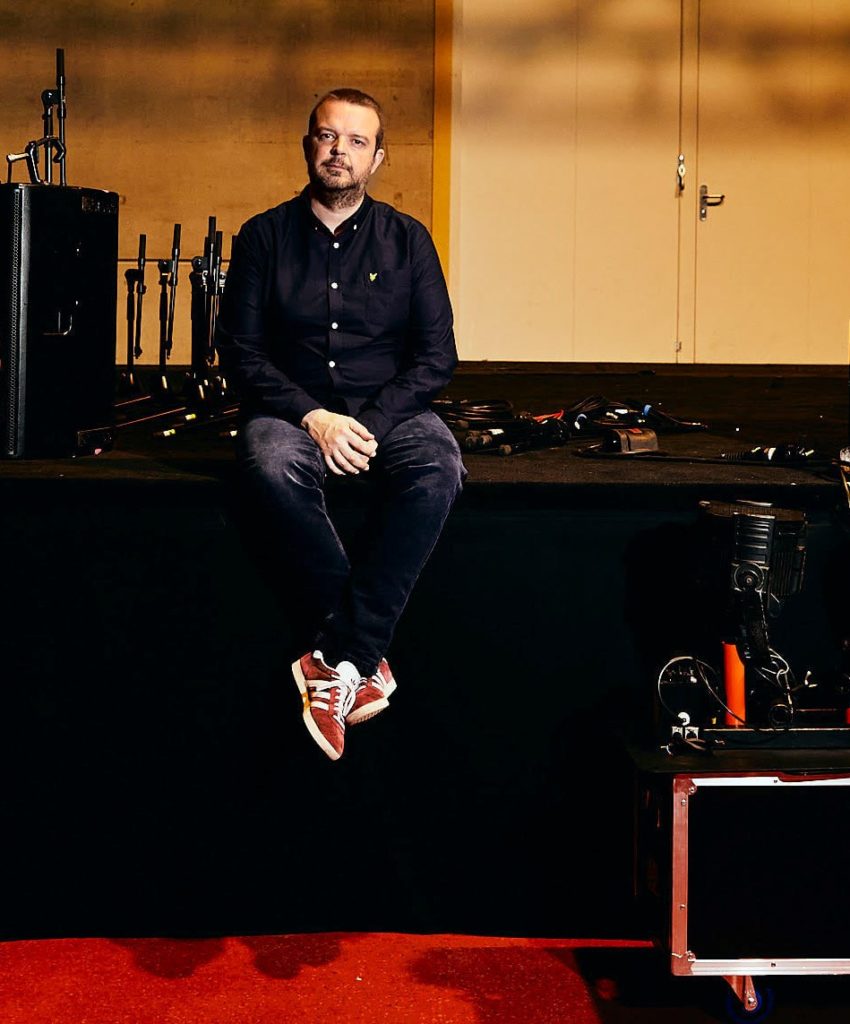
“It’s all about sharing and cooperation!”
-
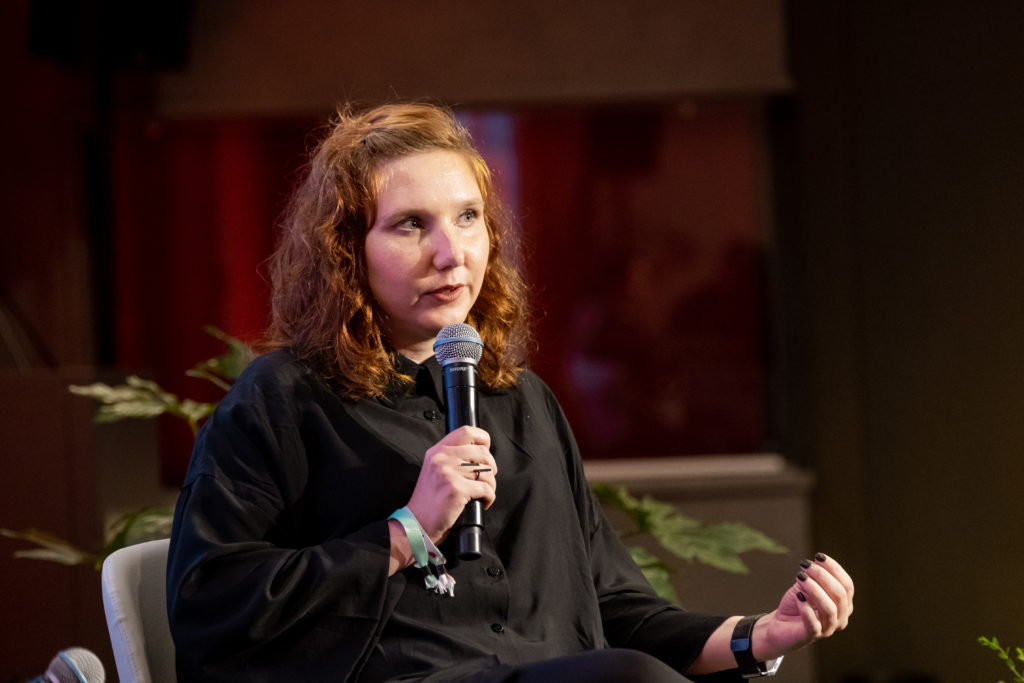
“We need organisations like Live DMA to support our activities. During COVID, it was important to have Live DMA meetings so that we could learn what was going on in the other countries, and that was very helpful when it came to the lobby work on the local level”
-
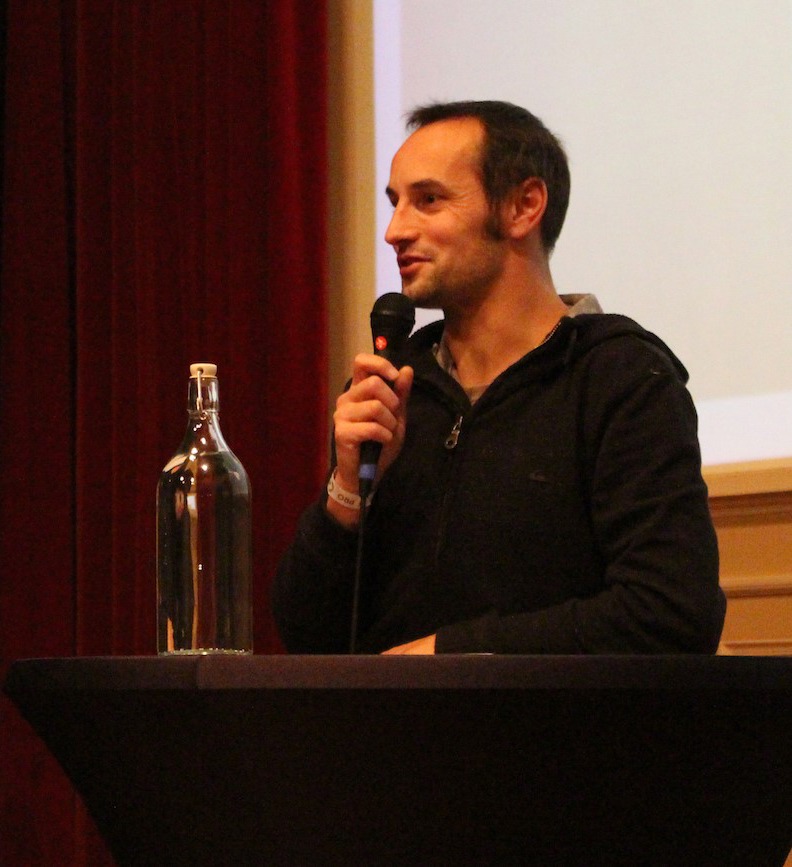
“We have been celebrating the 10th anniversary of Live DMA, a network which was created in 2012 by venue networks from all over Europe. The purpose was to share knowledge and skills with each other, and to set up common projects, and I think we’ve succeeded in doing that!”
-

“I learned to collect and process data with good quality, and also I learned the importance of data to start a dialogue with institutions. Good data gave ACCES a lot of recognition”
-

ʻʼThanks to Live DMAʼs Survey, we showed our government that the more a venue is subsidized, the more money they generate. The Ministry of Culture had little knowledge of our sector. So to present these figures from different European countries was crucial in re-valorising our subsidies.”
